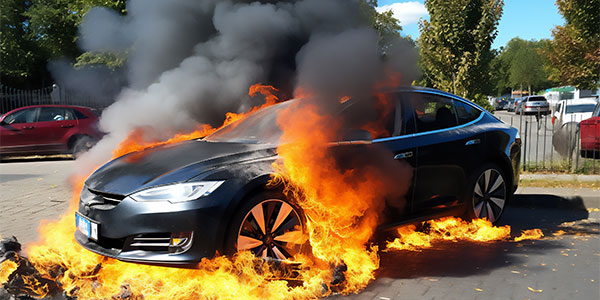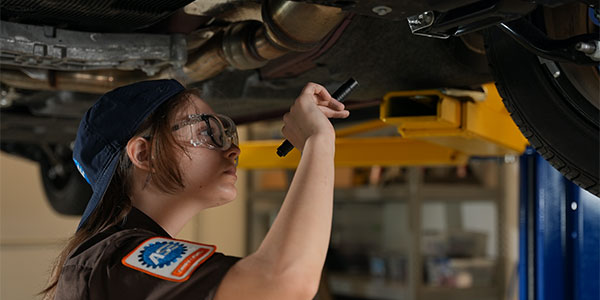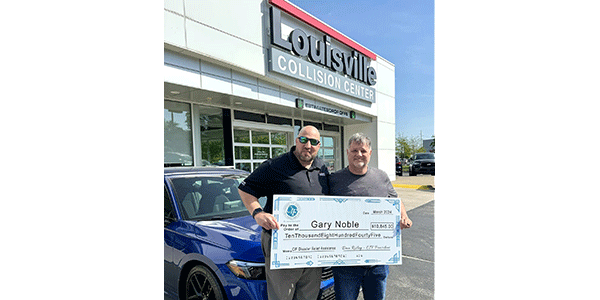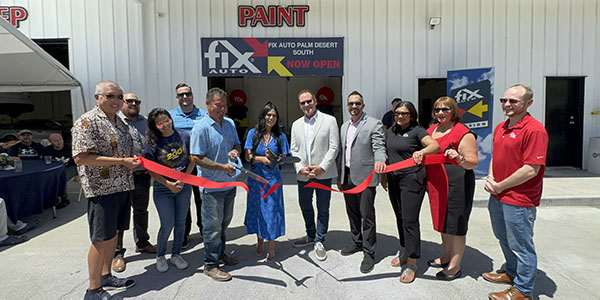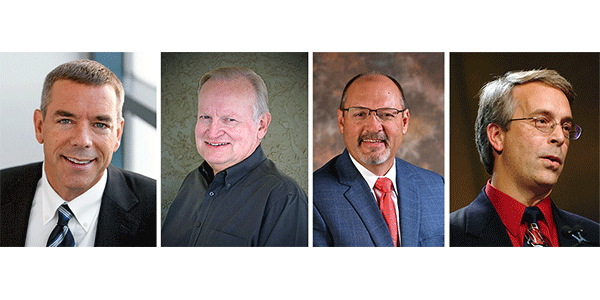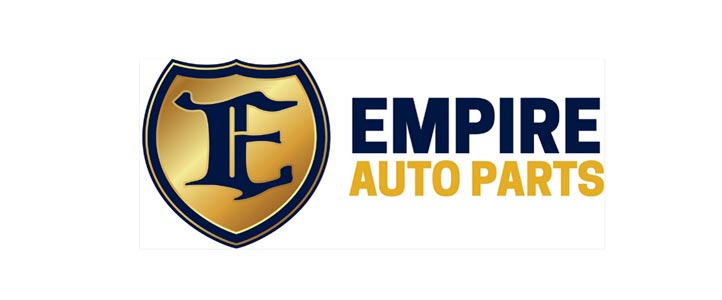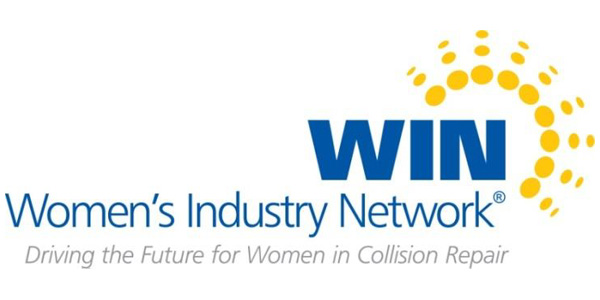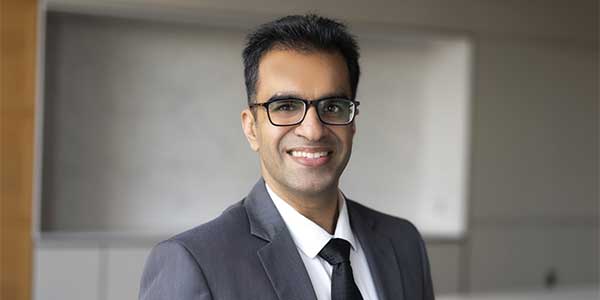The U.S. House Science, Space & Technology Committee’s Investigations & Oversight Subcommittee recently held a hearing that provided lawmakers an opportunity to gain a better appreciation for the unique challenges and harms posed by electric vehicle (EV) fires.
“As the presence of these vehicles continues to grow on our roads, so does the threat and danger of the fires that they can produce,” Subcommittee Chairman Obernolte (R-CA) said in his opening remarks. “EV fires are fundamentally different from traditional internal combustion engine fires. EV fires burn at temperatures far hotter than regular vehicle fires. They produce copious amounts of toxic chemical gases.”
Obernolte added that, “When an EV either experiences an incident due to a manufacturing defect or is damaged in an accident, the battery that powers that vehicle often has a remaining charge, which provides the fuel to keep a battery burning for hours, regardless of how much water is poured on it in an attempt to extinguish it. Unfortunately, the federal government has been deficient in providing guidance and resources.”
Lawmakers also learned about the research and potential solutions to prevent or mitigate these fires.
“I believe there are tremendous opportunities for scientific research to reduce these risks by advancing our understanding of why lithium-ion batteries react in these ways, how the design of lithium-ion batteries can be improved to lessen the risk of fires, and what innovative tools and techniques can be developed,” Subcommittee Ranking Member Foushee (D-NC) said.
Added Full Committee Ranking Member Lofgren (D-CA), “As with any emerging technology, we need to make sure we understand and adapt to the unique challenges that arise from its widespread adoption. Over the decades, we’ve developed best practices to extinguish internal combustion fires as safely and quickly as possible. Now, we need to give that level of attention and support to research into electric vehicles.”
The subcommittee heard from two witnesses. The first was Dan Munsey, fire chief for the County of San Bernardino, Calif. Several components of his testimony dealt with issues of direct concern for auto repairers.
“It’s incredibly important that we educate the public to ensure that they understand how to safely charge their vehicles, and how to not modify them,” said Munsey. “He estimated that it would cost around $3 billion to adequately train all 1.1 million firefighters in the United States how to properly handle EV engine fires.”
The second witness was Dr. Judy Jevarajan, who argued that “methods need to be developed to remotely access the [vehicle’s] data to determine the existence of locations where [lithium-ion EV battery] cells continue to be energized.” However, she acknowledged the cybersecurity problems this solution could create. Remote access to an EV’s battery may make it easier to update the battery’s software, but she warned that it could also leave the battery vulnerable to cybersecurity hackers who could “mess up the safety controls,” leading to “a catastrophic failure with your battery,” such as fires.
“ASA thanks the committee for holding a hearing on this important topic,” said Scott Benavidez, chairman of the ASA board of directors. “Independent auto repairers simultaneously constitute one of the groups most adversely impacted by EV fires yet also one of the groups in the best position to help address them. There are numerous instances in which damaged EVs have caught fire and caused damage to the repair facility at which it was being held, as well as other vehicles in its vicinity. Due to these risks, repair shops are now encouraged to allocate space in their facility where they can isolate EVs for safe storage. At the same time, repairers possess high baseline expertise in automotive issues, which make us ideal partners for first responders trying to prevent or extinguish EV fires. ASA calls on the federal government to coordinate with the independent automotive repair industry in its efforts to address the growing concerns surrounding fires caused by electric vehicles. Assuring that repair shops receive proper training to handle EVs safely should be a top priority for policymakers.”
For more information on ASA, visit asashop.org.

